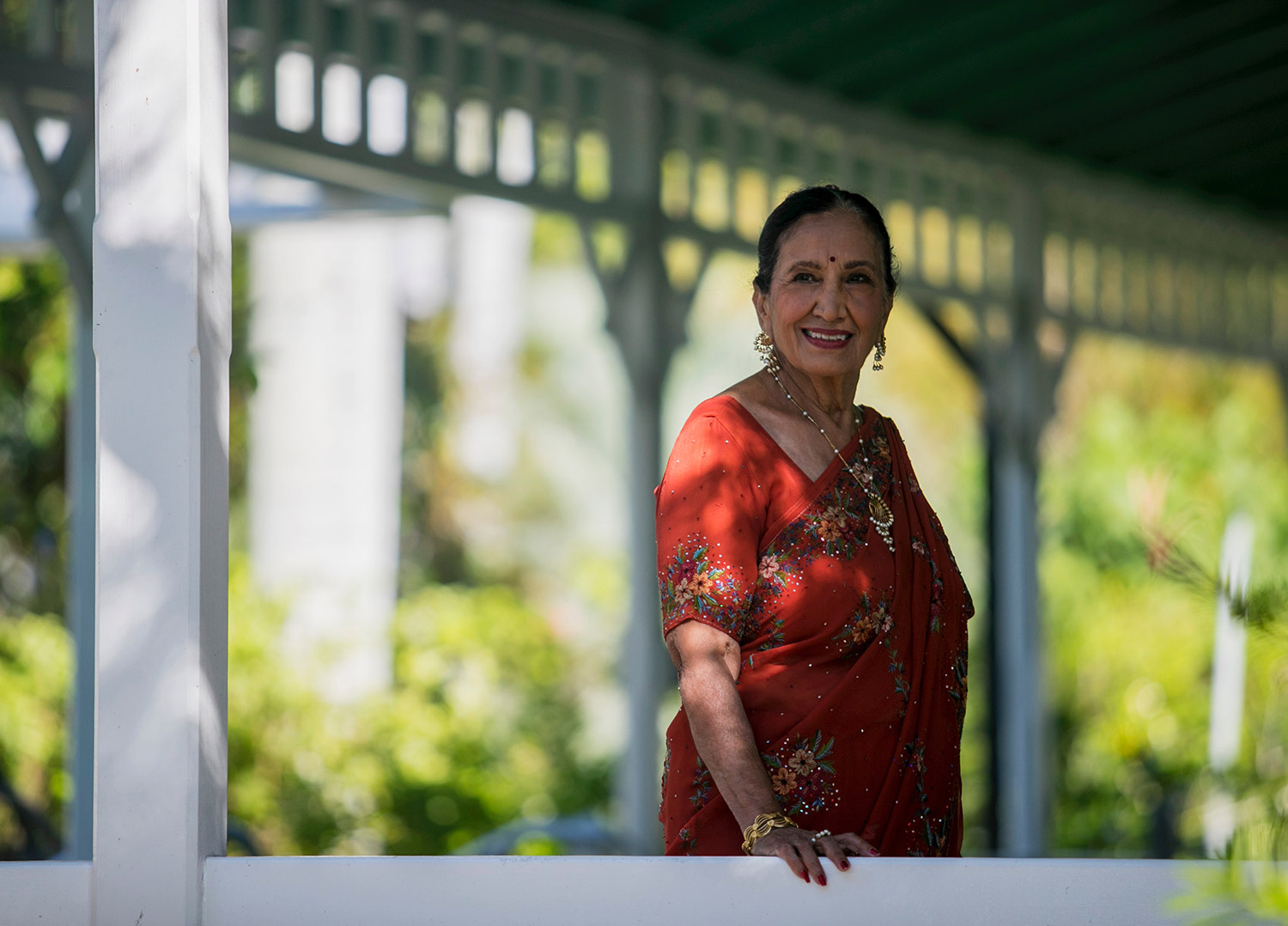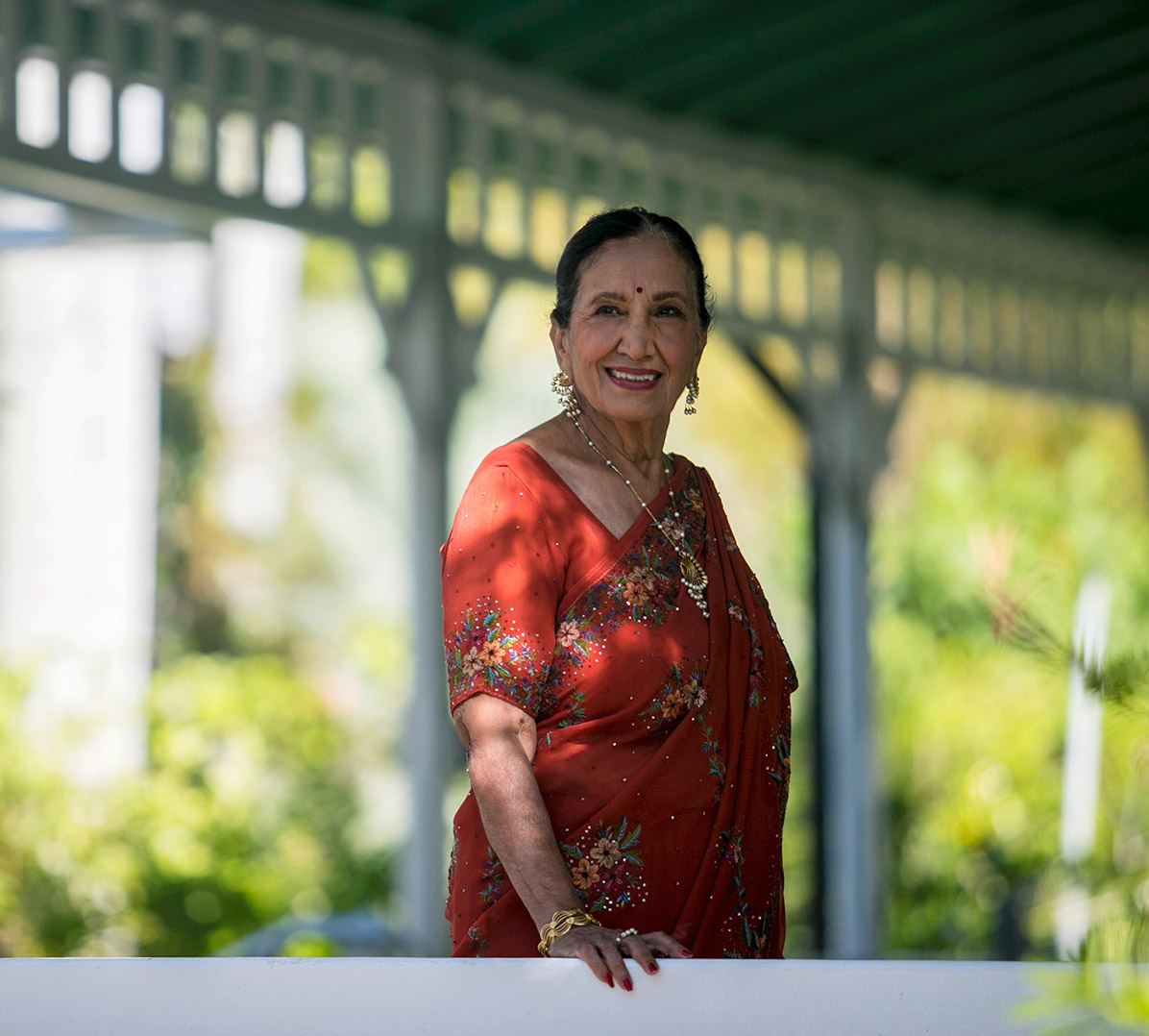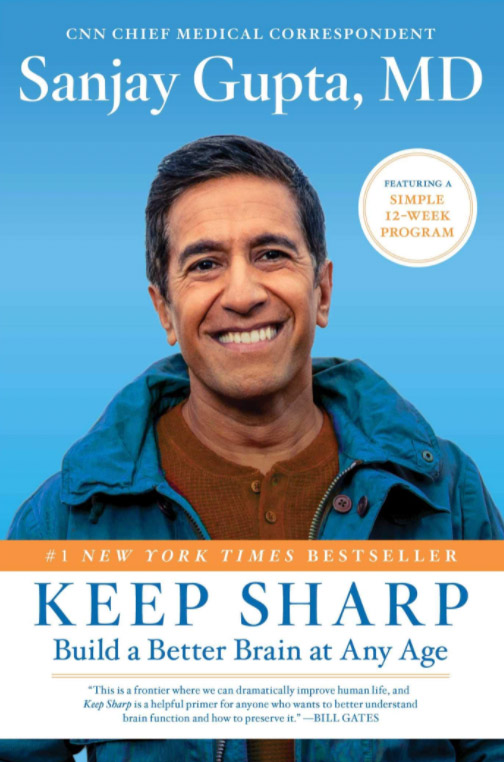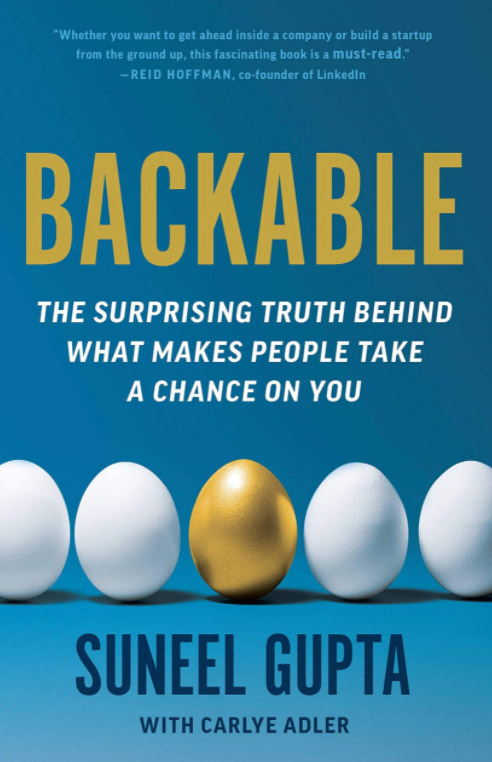
Darkness hung over Pakistan’s Port of Karachi as five-year-old Damyanti followed her parents up the metal ramp and onto the waiting cargo ship. She wore her most refined fork, a dress made by her ma’s own hand. Tiny fingers grabbed the railing as she ambled, sandwiched single file, between her mother and grandmother. Damyanti kept her eyes on the blue silk of her mother’s sari as it moved like waves in a gentle sea. She stepped onto the ship poised to take her from the only home she had known.
Like ten million others, Damyanti’s family had become displaced, instant refugees in an emerging crisis in India. That morning the family rose early in their small town of Sindh. They took only what they could carry. Knowing the rest of their belongings would be reclaimed by another family who chose to stay despite the harsh political/religious environment.
In 1947, over two hundred years of British occupation finally ended in India. However, the bloody, religious war between the Hindus and Muslims caused the physical division of Damyanti’s country. Their home, always in India, had become part of Pakistan overnight.
Damyanti could hear the water slapping against the ship’s sides as it pulled away from the port. Her large brown eyes searched her ancestors’ strong faces for comfort and answers.
“What is gone is gone,” her twenty-five-year-old mother, Gopibai Hingorani, gently told her, “Now we must look forward.”
Without employment, finances, or contacts, the family traveled from their peaceful small town to one of India’s most enormous, bustling, and overcrowded cities, Bombay (Mumbai). The instant chaos of street peddlers, taxi horns, and hurried drivers surrounded the young family as they struggled to find housing and employment. The goal was to create a new foundation upon which their future would be built. That initial, unwanted journey, which tore them from their home, ultimately changed the trajectory of young Damyanti’s life.
“My mother was a visionary,” Rani (Damyanti) Gupta said. “She only had a fourth-grade education, yet she was wise and very talented. She sewed and cooked for jobs. My father became a pharmacist and eventually owned a small medical shop. Every day my mother would look into my eyes. She would tell me that I could do anything I wanted,” Rani said. “She said I was special and promised to do everything in her power to make my dreams come true. Quite a statement when we had so little. She said she would make certain I would have something that no one could ever take from me; a good education.”
Like her mother, Gupta visualized her future. “I always had dreams of what I wanted in my life,” she said. “But, dreams alone are not enough. My parents and grandparents taught me to block out everything that would take me away from my goal and work hard to achieve what I wanted in life. I followed their advice and did just that.”
The Prime Minister of India, Pandit Jawaharlal Nehru, came to Baroda (Vadodra), where the family had settled, in 1955. Damyanti was thirteen when she rode her bicycle to the polo ground to hear The Prime Minister speak. She parked her bike and located a vacant space near the podium. Damyanti pulled a red handkerchief from her pocket, smoothed it out upon the brown dirt, and sat cross-legged, waiting to be inspired.
“He said that we finally have freedom after two hundred years of British rule,” she recalled. “But, we have no industry,” he told the crowd. “We need people to do technical jobs, and we need engineers,” Gupta said. “The Prime Minister told us that he wasn’t just talking to the boys. He was also talking to the little girls in the crowd. At that moment, I knew that I wanted to be an engineer.”
Gupta followed that dream and was the first female to attend the College of Mechanical Engineering at Maharaja Sayajirao University in Baroda, India, where she earned a bachelor’s degree. Initially, they didn’t even have a bathroom for females. However, the College soon built one. They saw her tenacity and exceptional spirit and wanted her to thrive in their environment.
“No one should ever tell you how to be you,” she said. “It is up to you to find your passion and create your path.” At the age of nineteen, while at the University, Gupta read a book about Henry Ford, and a new vision appeared on her horizon.
Following graduation, utilizing her parent’s life savings, a determined Damyanti left India and traveled to Germany before coming to America. To make her dream a reality, she eventually moved to Detroit, Michigan, the home of the Ford Motor Company. She applied for an open position and was turned away, as the company did not hire women. Months later, a determined Damyanti tried again. This time she explained to her interviewers that they would never know what a woman engineer could do for them until they actually hired one. Taking her excellent advice, Gupta became the first female with a Master’s Degree in Engineering (from Oklahoma State University) to be hired by this prestigious company. Her supervisor asked her to choose a nickname as Damyanti was thought to be too hard for Americans to say. She chose the name Rani due to its Hindi translation.
“Every day, they called me Queen,” she said with a broad warm smile and eyes like the sun. “I don’t think they ever knew that.”
Gupta views life’s adversities as possibilities. “Life is going to be a rollercoaster,” she said. “There is always a thrill in the up and the down. Challenge comes from hardship, and learning comes from failure. Do not be afraid of any of it,” Gupta said, the melodic accent of her childhood still evident in every word.
At this article’s original penning, Gupta was seventy-seven years of age. “Looking back on a satisfying life,” she pondered, “my father always said satisfaction was more important than success. I am a very content woman.”
Gupta met her husband while driving through Ann Arbor, Michigan. Her car had broken down, and she searched the white pages at a phone booth for the first Indian surname she could find. She called the number, and Subhash Gupta, not only answered his friend’s phone but offered to come to her aid. The stars collided. They fell in love, married, and had two sons, Sanjay and Suneel.
Gupta’s wide smile broadened as she spoke of her family, and her gentle eyes beaconed you closer. “I’m a proud mother. Most people know my son Sanjay. He is a neurosurgeon and chief medical correspondent for CNN. Sanjay won the medal of honor and several Emmy awards,” she gushed. “And Suneel is an entrepreneur, a lawyer, and has an MBA. He was a visiting scholar with Harvard, ran for Congress, and was nominated to the Supreme Court bar,” she beamed while looking for family photos to share. “We have five granddaughters. No grandsons.” Gupta’s full smile lit the room. “God must have a plan for these girls. My daughters-in-law are educated women who have college degrees. They are both very accomplished and wonderful mothers. But if my granddaughters ever need anyone stronger, they always have me. You can’t push children, but they will follow your lead.”
Rani Gupta has known who she is since she breathed her mother’s early visualization into her soul. She exemplifies a brave, intelligent, loving, and steadfast woman that causes other women, including this writer, to want to be in her presence.
“Everything happens for one’s good,” Gupta said, “but it takes education, dreams, and patience to see that. If not for apartheid, I would not be where and who I am today. The good things in my life happened after something bad. While you wait to see the beauty that will come, I suggest that you work as hard as possible to create a very satisfying life.”
Author’s Note: I loved every second of my afternoon with Rani Gupta. I had previously met her at a luncheon where she was the keynote speaker. Her beauty exudes from her soul, and I was honored to interview her. I use words to paint vivid images throughout my work. This is also true in my upcoming novel, The General’s Princess, due to be completed this summer.



